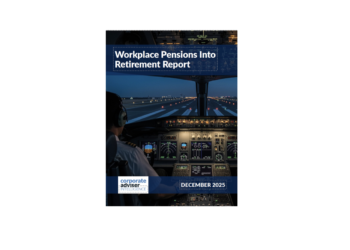Around 67 per cent of employers believe their benefits packages have a positive impact on employee wellbeing, yet only 31 per cent of employees agree that these benefits help them proactively manage their health, according to Unum.
According to the data, 27 per cent of employees say their benefits package has prevented health issues from worsening. Meanwhile, 75 per cent of employers rate their workforce’s health and wellbeing as good but just 66 per cent of employees agree.
Unum chief operating officer Liz Walker says: “Our research shows a real disconnect between the health and wellbeing support employers provide, and how it is perceived by employees. It’s often the case that benefits are recognised and highly regarded by employers, but they struggle to communicate these effectively, leaving employees unaware or misunderstanding the true value they offer. This gap can create a ripple effect, impacting morale, engagement and turnover, then ultimately the overall success of a business. Clearly, employee benefits packages need to go beyond just good intentions.
“For businesses, it’s important to understand the power of a comprehensive benefits package — as well as the negative impact of one that doesn’t meet employee expectations. Since the Autumn Budget and the introduction of increased employer National Insurance contributions, the cost of business has skyrocketed. Now more than ever, it is essential that benefits align with employee needs, so that every pound spent has maximum impact.
“For employers, investing in a benefits package that employees don’t value is just money down the drain. By engaging in an open dialogue with employees, businesses can understand their workforce’s health and wellbeing needs and tailor benefits packages accordingly, such as introducing and effectively communicating products like dental insurance or a health cash plan — benefits that employees want and will use. When everyone’s perceptions are aligned, and employees feel supported and understood, businesses thrive.”





